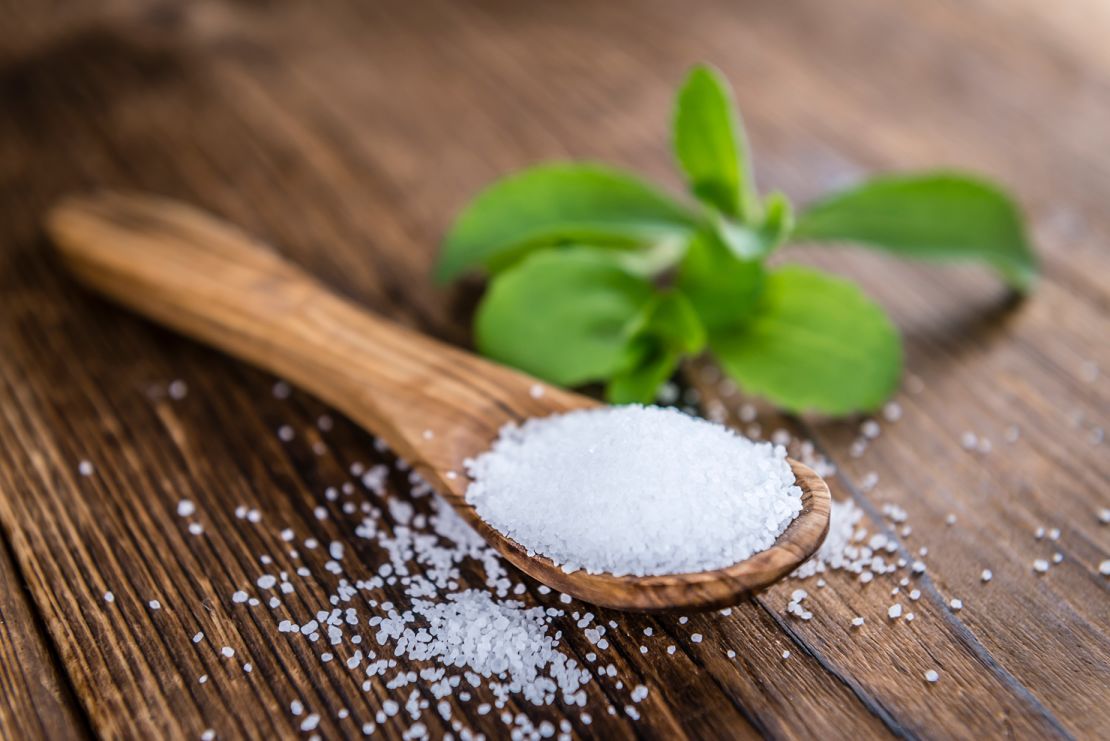Consuming a drink with erythritol — an artificial sweetener used to add bulk to stevia and monk fruit and to sweeten low-carb keto products — more than doubled the risk of blood clotting in 10 healthy people, according to a new pilot study.
Clots can break off blood vessels and travel to the heart, triggering a heart attack, or to the brain, triggering a stroke. Previous research has linked erythritol to a higher risk of stroke, heart attack and death.
What is remarkable is that in every single subject, every measure of platelet responsiveness (clotting) went up following the erythritol ingestion,” said lead study author Dr. Stanley Hazen, director of the Center for Cardiovascular Diagnostics and Prevention at the Cleveland Clinic Lerner Research Institute.
Consuming a drink with an equal amount of glucose, or sugar, did not affect blood platelet activity in another group of 10 people, said Hazen, who is also the Jan Bleeksma chair in vascular cell biology and atherosclerosis at the Cleveland Clinic.
“This is the first direct head-to-head comparison of the effects of ingesting glucose versus ingesting erythritol on multiple different measures of platelet function,” Hazen said. “Glucose doesn’t impact clotting, but erythritol does.”
While small, the study was “very intriguing and interesting,” said Dr. Andrew Freeman, director of cardiovascular prevention and wellness at National Jewish Health in Denver.
“I’m not saying we need to cease using these sugar alcohols immediately, but this line of research certainly begs the question: Are they safe or not?” said Freeman, who was not involved in the research.
In response to the study, the Calorie Control Council, an industry association, told CNN that 30 years of science has shown erythritol to be a “proven safe and effective choice” for sugar and calorie reduction.
“Consumers should interpret the results of this pilot with extreme caution. The limited number of participants, a total of 10, were given an excessive amount of erythritol, nearly quadruple the maximum amount approved in any single beverage in the United States,” the council’s president, Carla Saunders, said in an email.
However, the amount of erythritol used in each drink in the study — 30 grams — was the equivalent of what is included in typical sugar-free sodas, ice creams or muffins, of which people often eat more than one, Hazen said.
“This research raises some concerns that a standard serving of an erythritol-sweetened food or beverage may acutely stimulate a direct clot-forming effect,” said study coauthor Dr. Wai Hong Wilson Tang, research director for heart failure and cardiac transplantation at the Cleveland Clinic, in a statement.








No comments:
Post a Comment